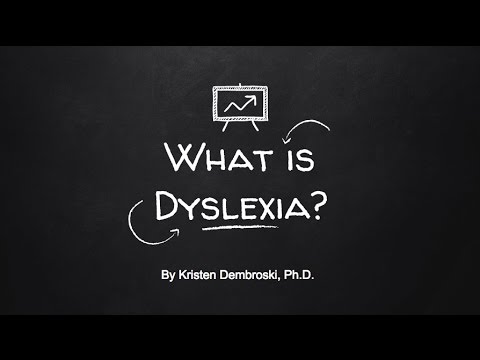
Kristen Dombroski created a presentation to help others understand dyslexia. She stresses that it is a phonological issue that hinders people’s ability to process sounds and letters. The woman has learned firsthand that dyslexia is a gift that will benefit her and other dyslexics greatly outside the classroom. Yet, people need to grasp exactly what happens in dyslexia if we want to help others who have it.
Common dyslexic characteristics include: having difficulty saying or writing the alphabet and making errors in letters and sounds. It also takes a dyslexic more time to finish a task because their brain is wired differently than most. Socio-emotional characteristics range from low self-esteem to reticence in school. Dyslexics have many strengths, though. They’re usually good in math, arts, inventiveness, and seeing the big picture.
Key Takeaways:
1
Dyslexia is more than a neurological brain disorder where the sufferer switches letters around and finds reading difficult. It is a phonologically-based disorder where there is trouble processing sounds and letters.
2
Dyslexia can be seen as a unique gift. School is not friendly place to dyslexics but they may excel in the arts, empathy, interpersonal skills and big picture thinking.
3
Signs of dyslexia to look for are frequent spelling errors, handwriting, trouble copying down writing, letter reversals and common mispronunciations. Still, dyslexia can go undiagnosed for such a long time because if the student exhibits strong reading comprehension skills, phonological problems may be ignored in high school.
“Is your child having difficulty with reading or other academics?” “Wondering if it’s dyslexia?” Use our free dyslexia test to get answers. Simply answer a few easy questions and find out now
You can get this analysis for free by filling out this simple form. This will help you get to the bottom of a learning difficulty and provide you with a solution. If you are ready to put this problem behind you click the button below and fill out the form.










